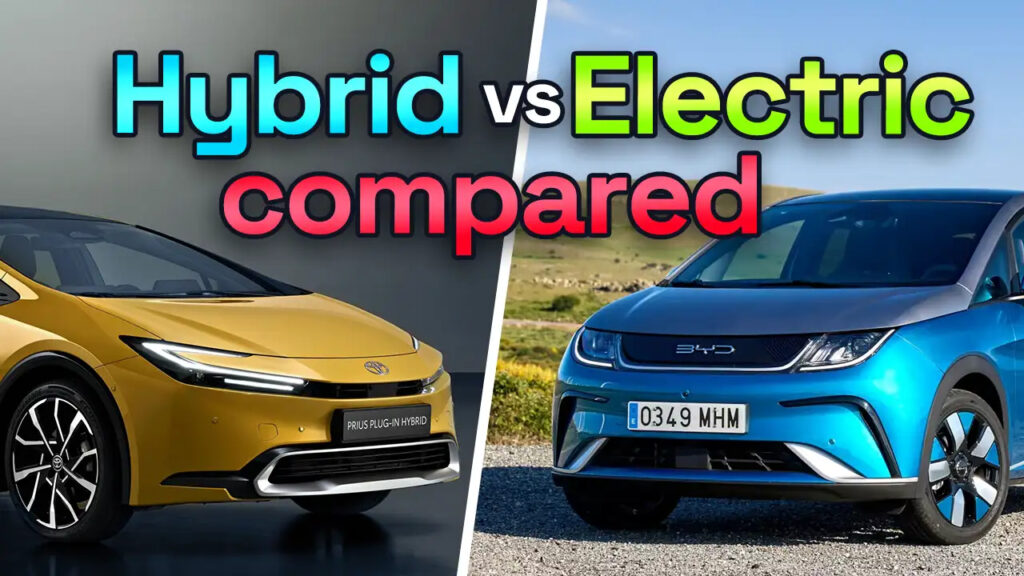Electric Cars vs Hybrid Cars : Most people in India these days think of cars that cause lesser pollution and have low efficiency because of the high fuel prices and pollution hype. Among the different options available, in this case, electric and hybrid ones are creating a flutter. The big question is should one convert to 100% electric or bumpers-heated hybrid for Indian roads. There is no left can or right bang-a-drum answer to the question: it depends on your habits, location, and affordability.
EVs are completely battery powered and are charged much like your smartphone; it’s just so that they work. It releases pollutants into the atmosphere. This makes evs great environmentally friendly machines. Suppose all cities have supercharging infrastructure: Delhi, Mumbai, and Bengaluru. An EV may be just the thing for daily city driving.
It is very silent, smooth, and inexpensive for running costs. For some minor towns or longer distances, it still might be a little challenging due to very few charging stations or what they call range insecurity.
Hybrid cars run with a petrol engine supplemented with an electric motor but, unlike plugged-in hybrids, it doesn’t ever require plugging into an external power source for charging. Whenever it requires propulsion, it will shift between the two, petrol or electric, based on mileage requirements need-requirements,
which basically doesn’t get them out from being a country-specific in the Indian conditions, more especially where the chains haven’t yet come into play even theoretically. Examples of which are the Toyota Urban Cruiser Hyryder and the Honda City e:HEV that display their strengths on hybrid mobility here in India
Also Read : Honda E-VO Electric Bike Launched in China – Company’s First EV Motorcycle Starts at ₹3.56 Lakh
Running costs of an EV are cheaper as they charge an electric vehicle at much lesser costs than filling a petrol tank. While among the lowest, maintenance with an EV is also little because fewer parts, which must move so often, are in it. Hybrids prove to be more fuel-efficient than the regular petrol cars, but they will still need fuel to go, while a bit higher maintenance will come into place due to having the two systems installed in it.
Which one is better though? Probably the best option to go with is a fully electric vehicle for short-distance travelers in cities who may try to save on fuel. Long-distance travel is common for you, or you are in a region lacking charging points, hybrids are a safer, more practical option. Both are now quite great for a greener future, so your option is all dependent on which one would suit your daily life.
Also Read : Top Petrol SUVs Launching in India in 2025 – Power, Style & Mileage Redefined
On the other hand, the Indian charging infra, as predicted, is going to improve considerably in the next few years, allowing 90% of the locations and conditions to become ideal for these EVs to come into use then. Sub-hybrids presently present a better mix between economy and convenience since many are yet to be fully converted into the fold of battery electric vehicles.

